Identity and Access Management as a Service provides scalable and secure access control for businesses, allowing for centralized authentication and simplified user management across networks.
IDaaS solutions offer cloud-based identity management for enterprises, supporting single sign-on, multi-factor authentication, and directory integration. Users report improved compliance and security management due to centralized policy enforcement, reducing administrative overhead.
What are key features of IDaaS?In healthcare, IDaaS ensures secure access to patient data, while in finance, it protects sensitive financial information. Education sectors use IDaaS for seamless student and staff login experiences, enhancing data security and institutional research capability.
IDaaS helps organizations strengthen security frameworks, reduce complexity in identity management, and improve user convenience across processes and technology interactions.
| Product | Market Share (%) |
|---|---|
| Microsoft Entra ID | 20.3% |
| Google Cloud Identity | 12.3% |
| SailPoint Identity Security Cloud | 9.0% |
| Other | 58.4% |
















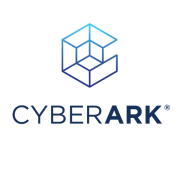




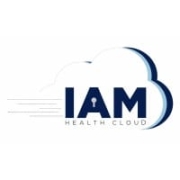
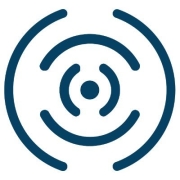
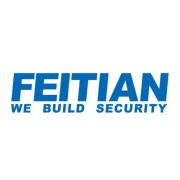
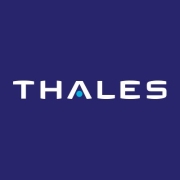

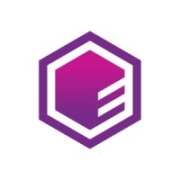




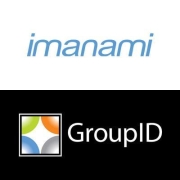





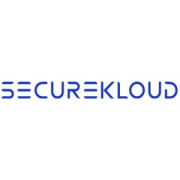
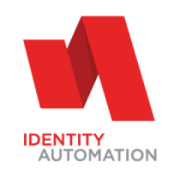
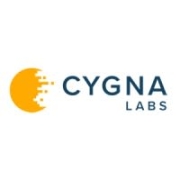






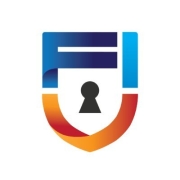
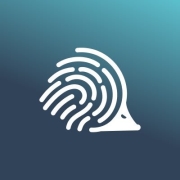

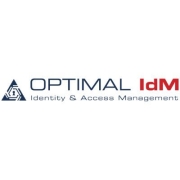


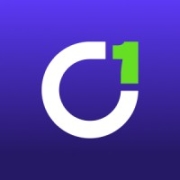


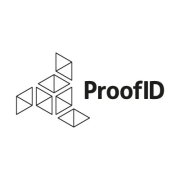





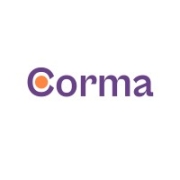
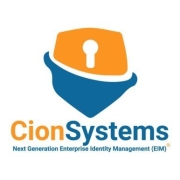
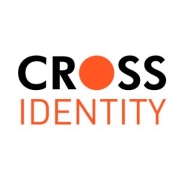









Identity and access management (IAM) systems manage user identities and access permissions. Using an IAM system allows IT departments to use provisioning (specifying the specific tools or access levels users can be granted), assign roles, or provide authentication. IAM also permits IT teams to remove access if needed. Additionally, identity and access management is useful in generating reports that indicate types of authentication, which systems have been accessed, and login times, and also shed light on security risks.
Identity and access management as a service (or IDaaS) consists of cloud-based solutions meant for IAM functions to authenticate users and make sure they are who they say they are. IDaaS allows users who work both on- and off-premise (whether they are third-party, customers, or employees) to securely access sensitive information. IDaaS is also used to obtain a better understanding of user behaviors.
IDaaS solutions significantly enhance security for your remote workforce by offering centralized authentication and authorization mechanisms. This means you can easily enforce strong security policies such as multi-factor authentication and single sign-on. With these capabilities, your remote employees can securely access company applications and data from any location without compromising on security. Additionally, IDaaS provides detailed access logs, allowing you to monitor and manage access in real-time, thus preventing unauthorized access and potential data breaches.
What are the key features to look for in an IDaaS solution?When choosing an IDaaS solution, you should focus on key features such as scalability, compatibility with various applications and systems, and stringent security measures like multi-factor authentication. Also, ensure the service provides robust user management capabilities, including user provisioning, de-provisioning, and role-based access control. Look for solutions that offer comprehensive auditing and reporting tools to keep track of access activities and potential security incidents. These features help maintain high security and efficiency in managing user identities and access across your organization.
How can IDaaS help in regulatory compliance?IDaaS can be a valuable tool in achieving regulatory compliance by providing automated user lifecycle management and secure authentication processes. With features like audit trails and access logs, you can easily document and review user activities, ensuring alignment with compliance standards. IDaaS solutions often come with built-in compliance support for regulations such as GDPR, HIPAA, and PCI DSS, helping you stay compliant without extensive manual effort. Thus, IDaaS not only simplifies compliance management but also reduces the risk of non-compliance penalties.
What are the cost-saving benefits of integrating IDaaS?Integrating IDaaS into your IT strategy can lead to significant cost savings by reducing the resources needed to manage and maintain traditional identity management systems. By moving to a cloud-based IDaaS model, you can cut down on hardware and infrastructure costs as well as eliminate expenses related to software updates and maintenance. Additionally, IDaaS simplifies identity management tasks, allowing your IT staff to focus on more strategic initiatives. With a subscription-based pricing model, you can better predict and manage your costs, making budgeting more straightforward.
What role does IDaaS play in digital transformation?IDaaS plays a crucial role in digital transformation by enabling seamless and secure access to cloud applications and data. With IDaaS, your organization can support a modern workforce, enhance productivity, and improve the user experience with single sign-on and automated provisioning. As your organization adopts more digital tools and cloud services, IDaaS becomes an essential component in unifying identity and access management across platforms. It supports scalability and flexibility, allowing you to adapt quickly to changes in business needs and technology advancements.